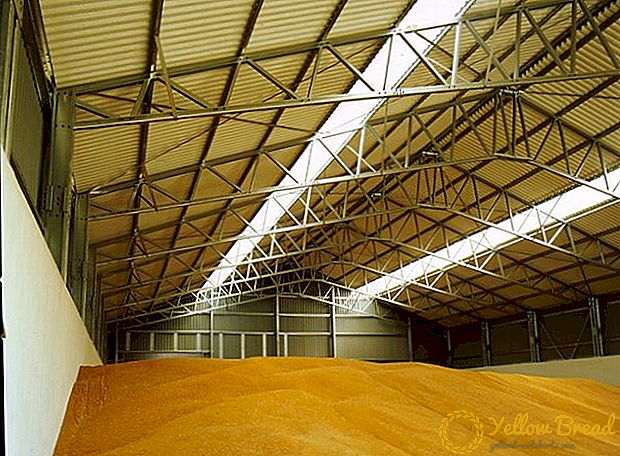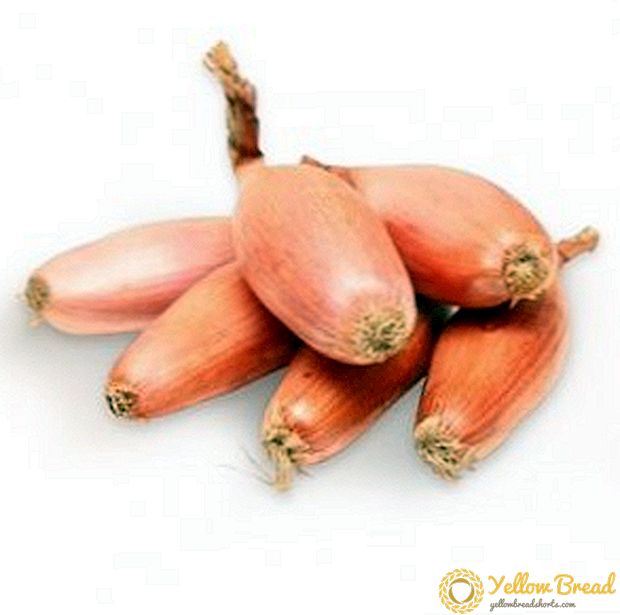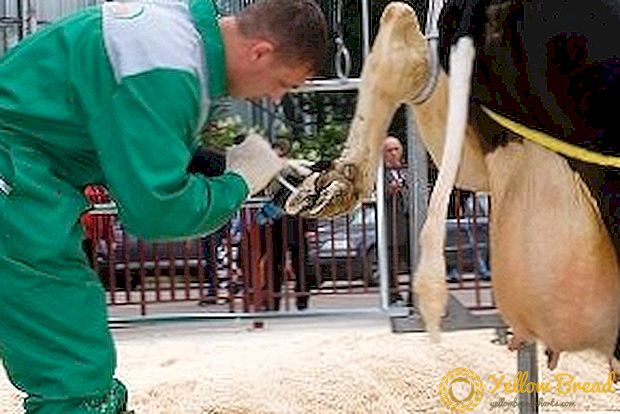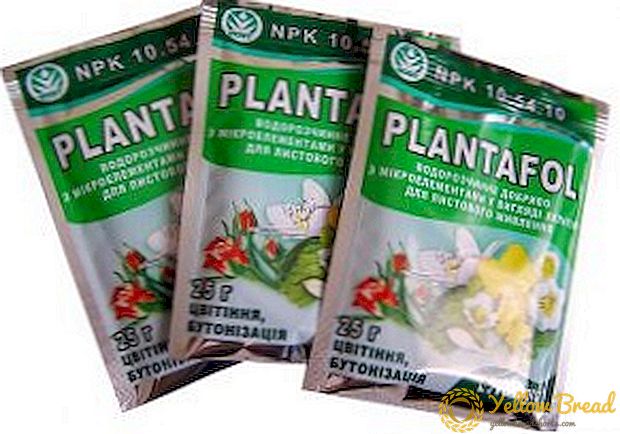The current lag in the export rate of Russian grain compared with last season may lead to lower prices on the domestic market and a delay in the planting campaign - moreover, on February 22, the President of the Russian Grain Union, Arkady Zlochevsky, said. According to him, since the beginning of the current season, Russia has already exported 23.767 million tons of grain, compared with 25.875 million tons for the same period last season. It is clear that Russia will not be able to achieve the planned export volumes of 41-42.5 million tons in the current agricultural year.
A. Zlochevsky explained that there are several reasons for the lag in exports, but during the last 2 months the fundamental strengthening of the ruble has become the main limiting factor. As a result, in the last week 366 thousand tons of grain were exported from Russia, which became a very low volume of weekly exports. In addition, adverse weather conditions in the ports negatively affected the dynamics of exports.
According to the forecast, export volumes will start to grow if the US dollar reaches almost 60 rubles, which will contribute to further export supplies.According to A. Zlochevsky, the slowdown in reporting grain exports can cause some concentration of large surpluses on the market, which will put pressure on prices, since the Russian domestic market is very problematic in terms of the distribution of grain resources.
Grain of high quality, as a rule, is stocked in the Ural district and Siberia. The European part and the south do not have sufficient volumes of grain. Thus, there are high transportation costs, which affects prices. There are some concerns that during the beginning of the sowing campaign, traders will sell significant amounts of grain, which will affect prices, the expert said. For example, as a result of a fall in prices, the conditions of the landing campaign will be completely violated. At the same time, Zlochevsky expects that the Ministry of Agriculture will do everything possible and will not allow the collapse of grain prices. 






